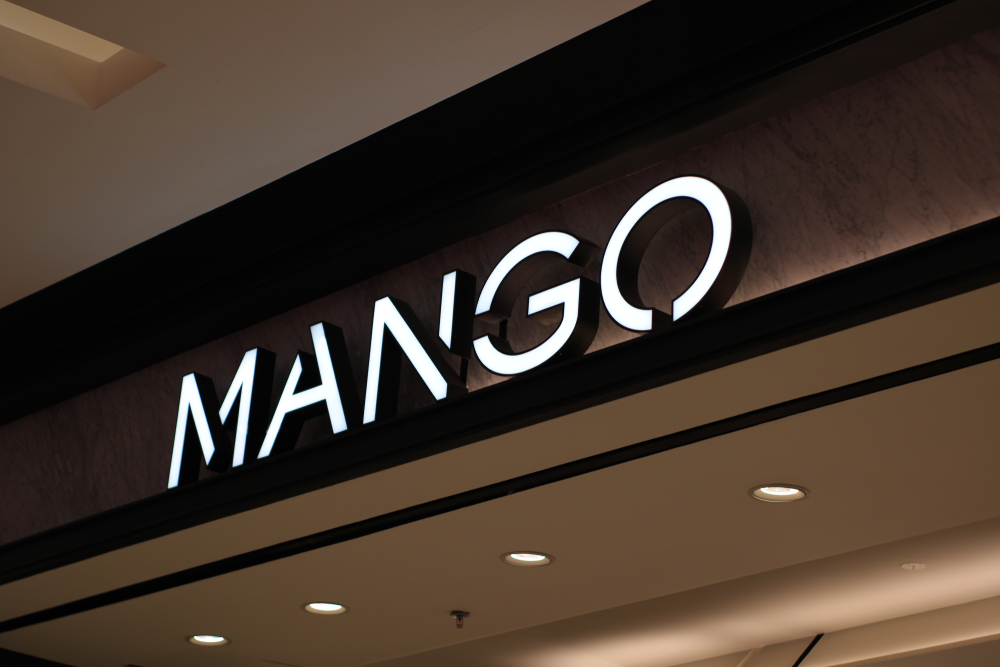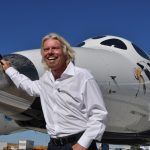Isak Andic: The Billionaire Visionary Behind Mango’s Global Success
The sudden passing of Isak Andic, the billionaire founder of Mango, has left a void in the fashion world. From his humble beginnings as an immigrant in Spain to creating a fashion empire that revolutionized the industry, Andic’s life was a masterclass in innovation, resilience, and leadership.
A Tragic Loss for the Fashion World
Isak Andic, a monumental figure in global fashion and the founder of Mango, tragically passed away at 71 in a hiking accident near Barcelona, Spain. While exploring the Monserrat caves with family members, Andic slipped and fell from a 150-meter cliff. Emergency services, including helicopters and ambulances, arrived swiftly, but it was too late. His death, confirmed at the scene, has left family, colleagues, and admirers around the world in mourning.
Spanish Prime Minister Pedro Sanchez expressed his condolences, highlighting Andic’s “visionary contributions” to both the fashion industry and Spain’s global reputation. Mango’s CEO Toni Ruiz described the founder as an unparalleled leader whose foresight and dedication built one of the world’s most recognizable fashion brands.
Salvador Illa Roca, the president of Catalonia, paid tribute to Andic’s legacy, stating, “He played a vital role in elevating Catalonia’s profile on the world stage and left an indelible mark on the international fashion industry.”
Humble Beginnings: The Rise of Mango
Born in Istanbul, Turkey, in 1952, Andic’s family emigrated to Catalonia, Spain, in the 1960s. As a member of the Sephardic Jewish community, his early years were defined by resilience and ambition. Arriving in Spain with limited resources, Andic began selling hand-embroidered T-shirts in Barcelona. This modest beginning was a seed that would eventually grow into Mango, a global fashion empire.
In 1984, Andic opened the first Mango store in Barcelona, focusing on creating stylish, affordable clothing that appealed to a broad audience. The brand’s name, chosen for its universality and fresh appeal, symbolized the innovative vision that would define Mango’s identity.
By 1992, Mango had gone international, with Andic prioritizing expansion into markets beyond Spain. The company’s accessible pricing, on-trend designs, and efficient supply chain quickly made it a favorite among young, urban consumers.
The Mango Empire: A Global Fashion Powerhouse
Under Andic’s leadership, Mango expanded aggressively. In 2007, the company reached a significant milestone, opening its 1,000th store. By 2023, Mango operated over 2,100 locations in 110 countries, with annual revenue surpassing €3.1 billion (£2.6 billion).
Mango’s ability to adapt to changing consumer behaviors was a hallmark of Andic’s leadership. He was one of the first in the fast-fashion industry to embrace e-commerce, a move that paid off significantly. By 2023, online sales accounted for 33% of Mango’s total revenue, cementing its status as a digitally savvy brand.
Beyond sales, Mango’s stores became a visual representation of modern retail. Sleek, minimalist designs and inviting layouts turned shopping into an experience, a move that resonated with consumers worldwide. Andic’s strategic decision-making ensured that Mango was not just a store but a lifestyle brand.
Rivalry with Amancio Ortega and Zara
Andic’s name is often mentioned alongside Amancio Ortega, the founder of Inditex, which owns Zara, the world’s largest fast-fashion retailer. While Ortega’s Zara operated on a larger scale, Andic’s Mango carved out its own unique space in the market.
Mango targeted a slightly different demographic, focusing on creating sophisticated yet accessible clothing for urban professionals. While Zara emphasized rapid product turnover, Mango prioritized timeless style and long-term brand loyalty.
Despite the differences, both Andic and Ortega were pioneers in the fast-fashion industry. Their rivalry spurred innovation and set new standards for efficiency and creativity in retail.
A Visionary Leader
Andic’s leadership extended beyond Mango’s financial success. Known for his reclusive nature, he rarely sought the limelight, preferring to let his work speak for itself. However, his influence was undeniable. In 2018, Andic was knighted by France in recognition of his contributions to the fashion industry, further cementing his legacy as a global leader.
His business philosophy was rooted in a commitment to innovation, adaptability, and sustainability. Recognizing the environmental challenges of fast fashion, Andic steered Mango toward more eco-friendly practices in recent years. From using sustainable fabrics to minimizing waste in the supply chain, Mango became a leader in promoting responsible retail practices.
A Family Legacy
Despite his professional success, Andic remained deeply connected to his family. Residing in Barcelona, he was a father to three children, two of whom are actively involved in Mango’s operations. His ability to balance the demands of a global empire with his family life earned him respect and admiration from colleagues and competitors alike.
The Andic family played an integral role in shaping Mango’s culture. Their collective commitment to the brand’s values of quality, accessibility, and sustainability ensured that Mango remained true to its roots even as it expanded globally.
Challenges and Triumphs
Andic’s journey was not without its challenges. The fast-fashion industry has faced increasing scrutiny for its environmental and labor practices. Andic recognized these challenges early on, investing in initiatives to make Mango a more responsible brand.
The COVID-19 pandemic presented another significant hurdle. With retail stores closed for extended periods, Mango leaned heavily on its e-commerce platform, a move that proved vital in maintaining revenue and customer engagement during a difficult time.
Through these challenges, Andic’s unwavering commitment to innovation and adaptability kept Mango at the forefront of the industry.
Remembering Isak Andic
As the world mourns the loss of Isak Andic, his legacy continues to inspire. Mango’s official statement described his death as a “significant void” but emphasized that his vision and values would live on through the company he built.
Toni Ruiz, Mango’s CEO, remarked, “It is our responsibility to ensure Mango evolves into the vision he envisioned and of which he would take pride.”
The global outpouring of tributes is a testament to Andic’s impact on the fashion industry and beyond. From political leaders to industry peers, the consensus is clear: Isak Andic was more than a businessman—he was a pioneer who reshaped how we think about fashion.
A Legacy for Generations
Isak Andic’s story is a shining example of what can be achieved through determination, innovation, and resilience. From his humble beginnings in Istanbul to leading a global fashion empire, his journey inspires entrepreneurs and dreamers alike.
Mango’s continued success will stand as a testament to his life’s work. As the brand evolves, it will carry forward Andic’s vision of accessible, stylish, and sustainable fashion, ensuring that his legacy endures for generations to come.









